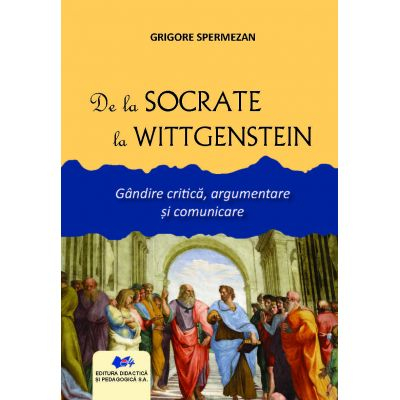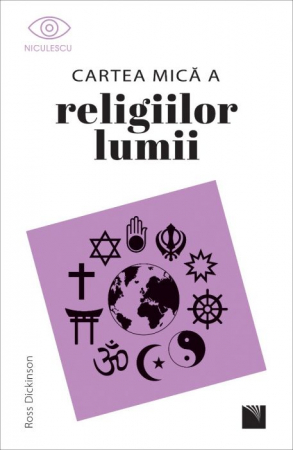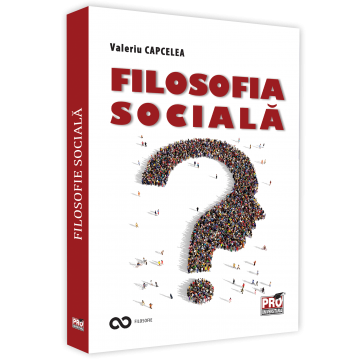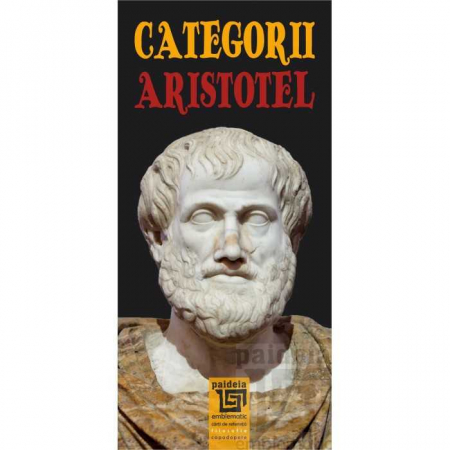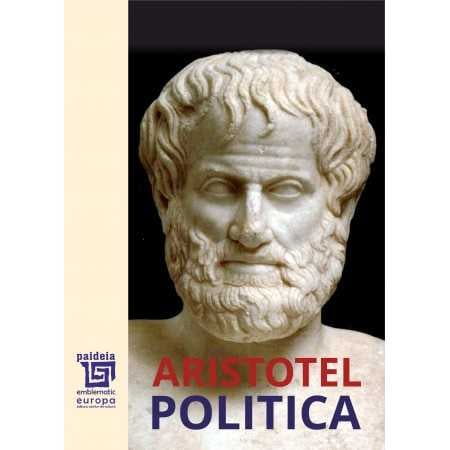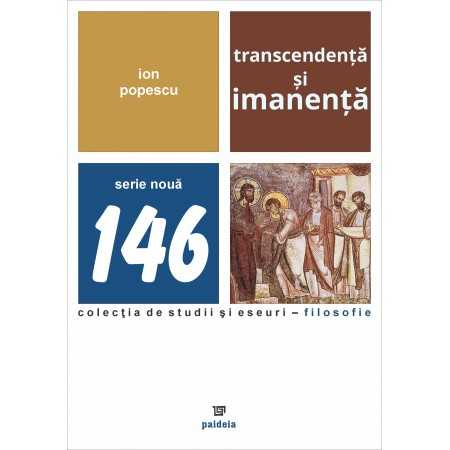Manuscript proposals: [email protected] / 0745 204 115 //// Tracking orders Individuals / Sales: 0745 200 357 / Orders Legal entities: 0721 722 783
ISBN: 978-606-28-0230-1
DOI: 10.5682/9786062802301
Publisher year: 2015
Edition: I
Pages: 188
Publisher: Editura Universitară
Author: Constantin Stroe
Product Code:
9786062802301
Do you need help?
0745 200 357
- Download (1)
- Authors
- Content
- More details
- Reviews (0)
-
Filosofia comunicarii
Download
Constantin Stroe
I. PHILOSOPHY - KIND OF KNOWLEDGE, FORM OF CULTURE, MEANS OF COMMUNICATION / 7
1. Definition and specificity of philosophy / 7
1.1. Philosophy and science / 11
1.2. Philosophy and religion / 19
1.3. Philosophy and art / 24
2. The appearance of philosophy and the becoming of its problems / 28
2.1. The conditions of the appearance of philosophy / 30
2.2. The causes of philosophy / 32
2.3. The beginnings of philosophy and the becoming of its problems and status / 41
3. Genres of philosophy; philosophical styles; forms of communication of philosophical creation / 47
3.1. Genres of philosophy / 47
3.2. Philosophy styles / 51
3.3. Forms of communication of philosophical creation / 54
4. The domains of philosophy / 58
Bibliographic notes / 62
II. KNOWLEDGE / 66
1. What is knowledge / 66
2. The problem of knowledge theory / 69
3. The problem of the value of knowledge / 73
3.1. The philosophical concept of truth / 73
3.2. The characteristics of the truth and the processuality of its acquisition / 84
3.3. Criteria of truth / 89
3.4. Types of truth / 96
3.5. Truth - fundamental value in the space of communication / 98
Bibliographic notes / 109
III. COMMUNICATION / 112
1. Definition and specificity of human communication / 112
2. Communication and knowledge / 116
3. Communication and information / 120
4. Communication and culture / 124
5. Philosophies of communication / 130
5.1. Philosophy of language - the theme of philosophies of communication / 131
5.2. Structuralism - methodology and philosophy of communication / 135
5.3. Analytical philosophy - philosophy focused on the issue of language and communication / 149
5.4. The pragmatist perspective in the philosophy of language and
Communications / 158
5.5. Phenomenological orientation in the study of human communication / 166
Bibliographic notes / 180
GENERAL BIBLIOGRAPHY / 184
If you want to express your opinion about this product you can add a review.
write a review

6359.png)
![Philosophy of Communication [1] Philosophy of Communication [1]](https://gomagcdn.ro/domains/editurauniversitara.ro/files/product/large/filosofia-comunicarii-770-458462.jpg)



